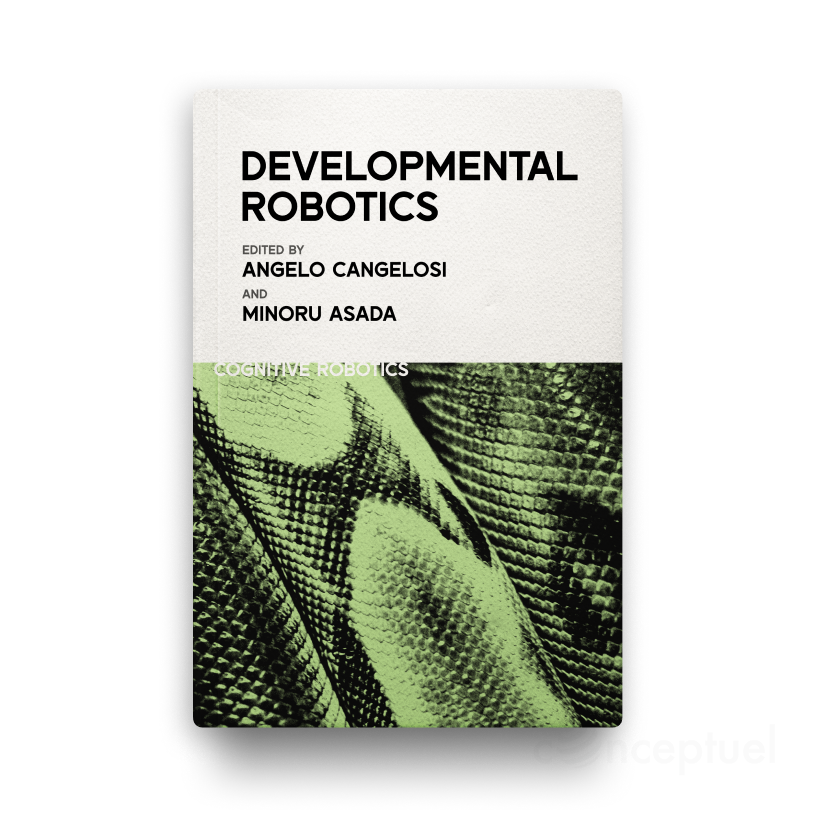

Available on Amazon stores worldwide:
Developmental Robotics represents a groundbreaking exploration of how artificial systems can learn and develop through interaction with their environment, much like biological organisms. This comprehensive work by leading researchers Angelo Cangelosi and Minoru Asada examines the fascinating intersection of robotics, cognitive science, and developmental psychology.
Drawing from decades of research in cognitive robotics and developmental psychology, the authors present a unified framework for understanding how robots can acquire knowledge, skills, and behaviors through autonomous development. This approach moves beyond traditional programming paradigms to explore how machines can truly learn and adapt like living beings.
More than a theoretical exposition, Developmental Robotics serves as both a comprehensive survey of the field and a practical guide for researchers and practitioners. The authors demonstrate how developmental principles can be applied to create more adaptive, intelligent, and autonomous robotic systems that can thrive in complex, dynamic environments.
These principles are increasingly relevant as we move toward more sophisticated AI and robotics applications. In an era where adaptability and lifelong learning are crucial for artificial systems, developmental robotics provides essential insights into how machines can continuously evolve and improve their capabilities through experience and interaction.
Angelo Cangelosi is a leading researcher in cognitive robotics and artificial intelligence, known for his work on language grounding, developmental robotics, and human-robot interaction. His research has significantly advanced our understanding of how robots can acquire and use language and symbolic knowledge.
Minoru Asada is a pioneer in cognitive robotics and robot learning, particularly known for his contributions to RoboCup and developmental approaches to robot cognition. His work has been instrumental in establishing developmental robotics as a distinct field that bridges biology and artificial intelligence.
Together, Cangelosi and Asada bring decades of expertise in creating robots that learn and develop autonomously, offering readers unparalleled insights into the future of adaptive artificial intelligence and the principles that govern learning in both biological and artificial systems.